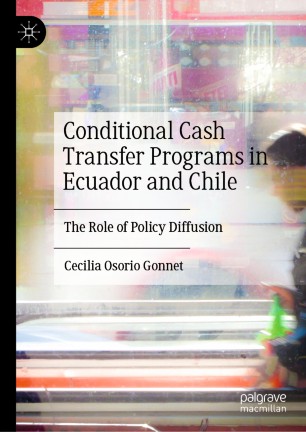

Most ebook files are in PDF format, so you can easily read them using various software such as Foxit Reader or directly on the Google Chrome browser.
Some ebook files are released by publishers in other formats such as .awz, .mobi, .epub, .fb2, etc. You may need to install specific software to read these formats on mobile/PC, such as Calibre.
Please read the tutorial at this link: https://ebookbell.com/faq
We offer FREE conversion to the popular formats you request; however, this may take some time. Therefore, right after payment, please email us, and we will try to provide the service as quickly as possible.
For some exceptional file formats or broken links (if any), please refrain from opening any disputes. Instead, email us first, and we will try to assist within a maximum of 6 hours.
EbookBell Team

4.3
8 reviewsThis book offers readers a deeper understanding of the diffusion process of the Conditional Cash Transfer (CCT) programs in Latin America and the role played by experts and international organizations. CCTs have been increasingly implemented around the world in recent decades, and by 2010, 17 countries in Latin America had adopted them. The evidence suggests that this concentration is due to a process of policy diffusion. International organizations contribute to this process; however, the book’s main argument is that there was another, more important actor involved: a regional epistemic community that increased the availability of information about CCTs and reinforced their legitimacy, playing a role in the domestic processes of formulation and adoption.
This book addresses the diffusion of the programs throughout the region; diffusion mechanisms that can help us understand the programs’ adoption (emulation, learning and coercion); and the impacts of key actors on the process (epistemic community, international organizations and policymakers).